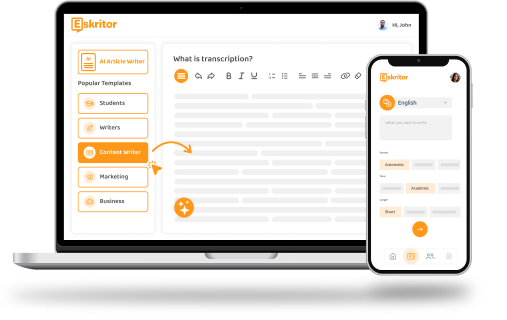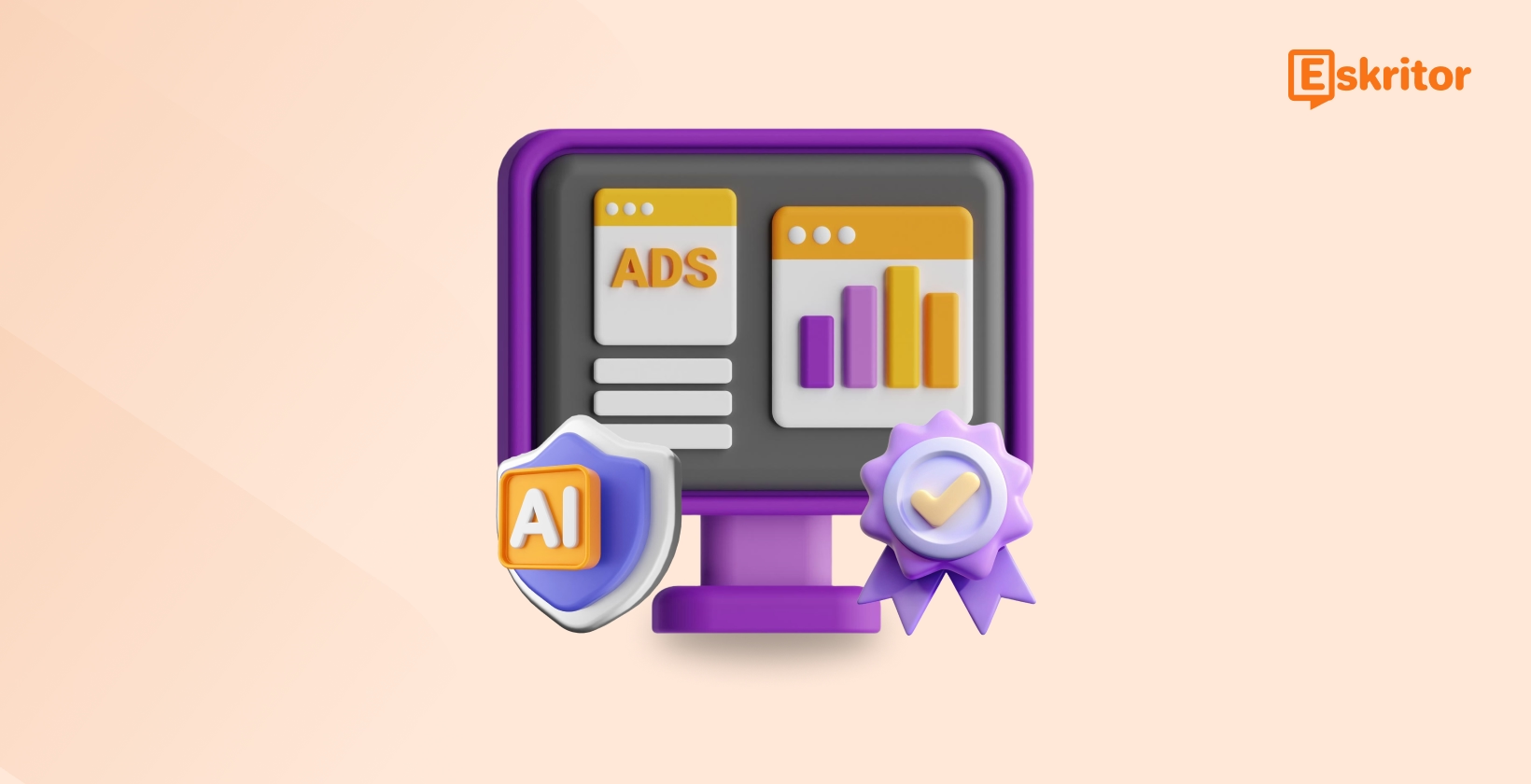AI is regularly reshaping numerous industries, and the realm of literature is no exception. While conventional storytelling has fascinated audiences for centuries, the integration of artificial intelligence is adding an exciting layer of innovation that blends individual creativity with unit precision. The effect? A revolutionary change in how reports are conceived, crafted, and consumed.

One of the most intriguing programs of ai book is its ability to analyze substantial amounts of text in moments. AI-powered tools may evaluate various literary performs to recognize publishing designs, repeating subjects, and also stylistic tastes special to particular styles or authors. By doing so, creators are increasing new insights in to what resonates with viewers, as AI essentially decodes the DNA of impactful storytelling. AI-driven examination has recently determined that readers react safer to stories that keep a top wedding stage across 70% of the information, optimizing the pacing of stories.
Beyond examination, AI is now moving right into a more aggressive role as a co-creator. AI-driven applications are capable of generating published content, from poems to short stories to novels, predicated on certain requests and parameters. For instance, AI calculations trained on famous texts can replicate conventional writing styles, getting long-lost literary models in to a modern context. It has caused it to be possible to experiment with blending eras, styles, and sounds in fresh, convincing ways. One record found that 65% of readers appreciate narrative types that sense equally common and revolutionary concurrently, which AI can perform with ease.
Personalized storytelling is still another place wherever AI is breaking barriers. Some programs are actually using AI to produce flexible stories cast with a reader's distinctive preferences. These active stories allow viewers to influence the course of the history based on their input. That form of powerful storytelling not just improves engagement but also offers unprecedented possibilities for inclusivity, as layers of personalization become stuck into the examining experience.
AI's role reaches the availability of literature. Text-to-speech functionalities and real-time translations powered by AI are permitting bigger audiences to access fictional material in models and languages that have been formerly unavailable. That inclusivity is revolutionizing how material builders method their market, ensuring that literature reaches corners of the world that could have been usually overlooked.

Finally, artificial intelligence is not changing authors but improving their power to innovate. The intersection of AI and literature signs a fantastic period, where creativity matches development to push the limits of storytelling. With your improvements continually unfolding, it's evident that the artwork of literary creation is poised for a fantastic future.
